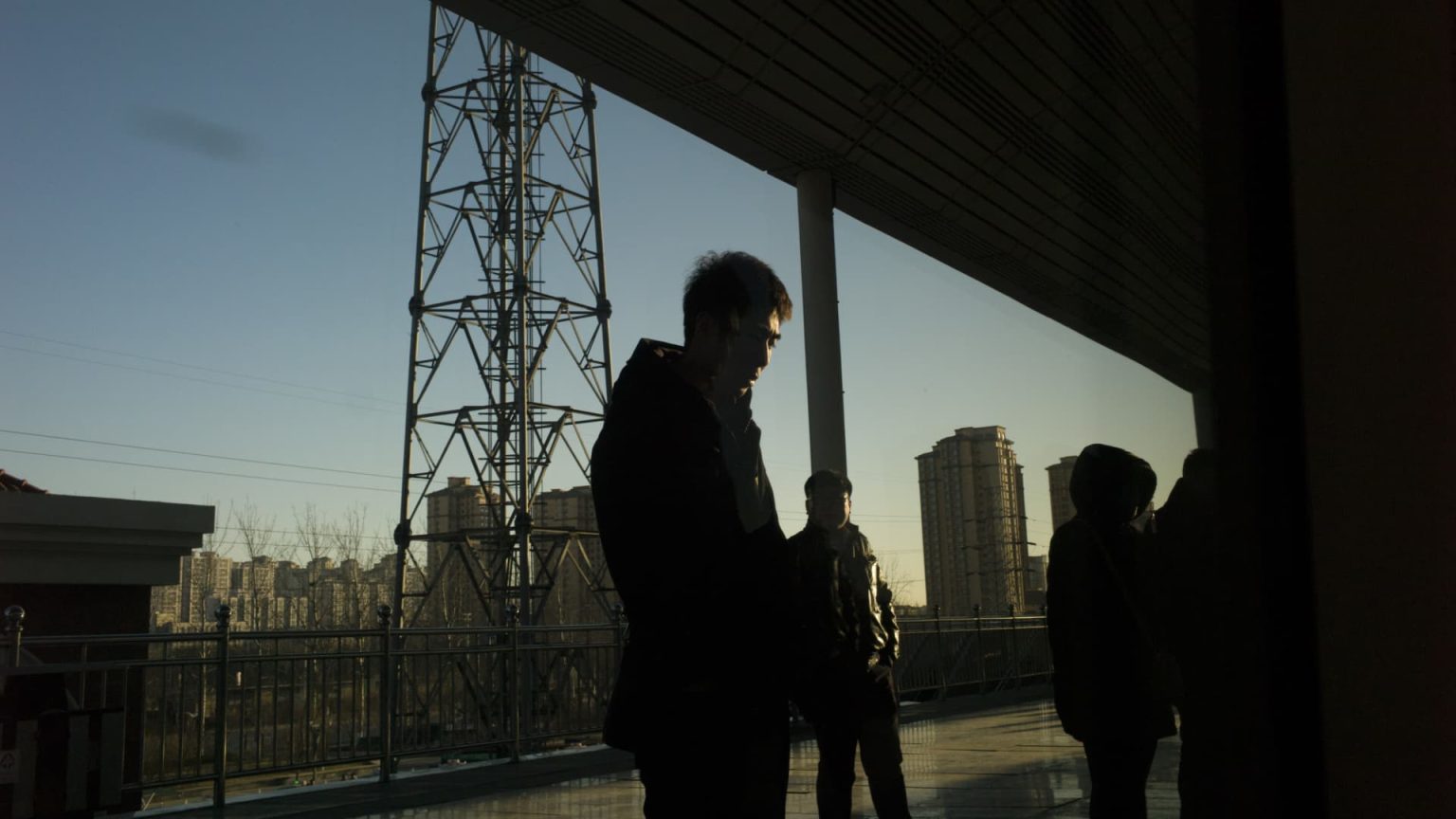Around 1,500 homebuyers in Tianjin, China, are still waiting to move into apartments they purchased about eight years ago. The apartment complex sold the units before they were ready, promising completion by 2019, but most remain unfinished. Homebuyers, who paid upfront or in installments, are facing challenges in the Chinese property sector, with some reporting police visits for seeking more information. Many buyers feel deceived and are desperate to return the homes or reclaim their money, as they wait years for their promised properties.
The developer, Zhuoda Yidu, recently asked homebuyers to pay any outstanding balances on their purchase, along with additional costs, to complete the apartments by 2025 or 2026. However, the proposal did not provide alternatives and required payments at pre-market slump prices, double the current levels. This demand has put financial strain on buyers who are still paying mortgages for other properties in the complex. Feeling hopeless, many buyers doubt they will ever receive their promised homes and are hesitant to accept the developer’s proposal, leading to a standstill in negotiations.
Wang, a property expert, noted that the delays in delivering homes in Tianjin and other cities surged after the Covid-19 pandemic, creating a systemic problem in the real estate sector. Prior to the pandemic, similar delays occurred sporadically, but local authorities and developers would quickly resolve the issues due to significant financial implications for the average family. Tianjin and surrounding areas experienced increased interest from Beijing residents seeking affordable housing options, driven by hukou policies and the desire for better education opportunities for their children.
The situation highlights a wider trend in China’s real estate sector, where developers and local governments face challenges in meeting buyers’ expectations and ensuring project completion. The financial struggles of developers like Zhuoda Yidu reflect broader issues in the property market, impacting homebuyers’ interests and government finances. Despite assurances from China’s top leadership to address these concerns, the lack of progress in resolving the plight of homebuyers underscores the complexities of the real estate industry and its effects on individual households’ savings and investments.
For the affected homebuyers, the delays in apartment completion have meant years of waiting and uncertainty, with significant financial investments at stake. The high cost of living in cities like Tianjin and Beijing puts pressure on families who have invested their savings in real estate, often as a means of intergenerational wealth accumulation. The situation not only impacts individual households but also sheds light on the challenges facing the Chinese property market and the need for greater transparency and accountability in dealing with unfinished projects and dissatisfied buyers.


